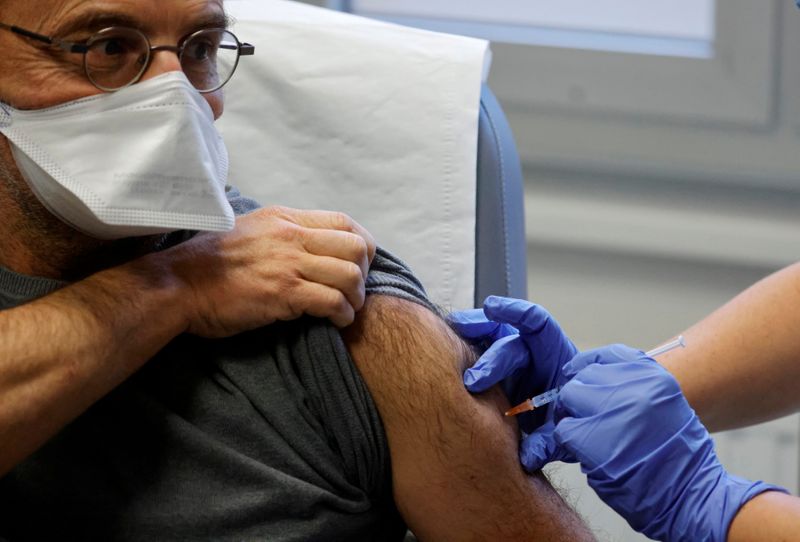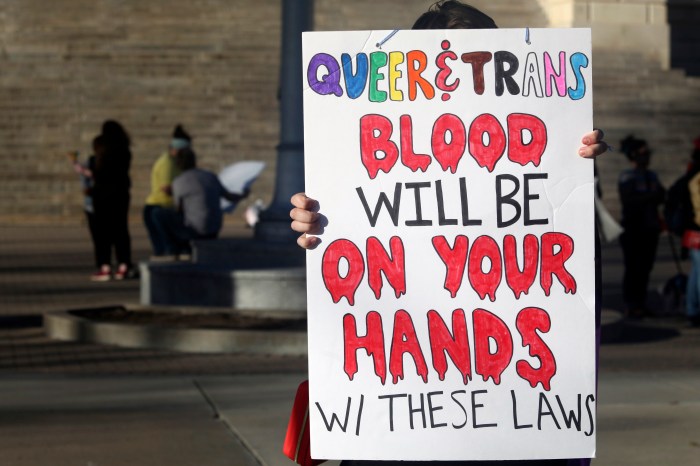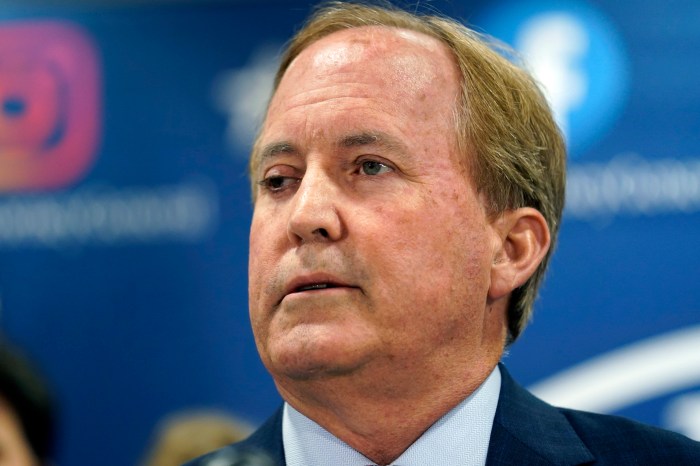CLAMART, France (Reuters) – Worried about wasting shots and public resistance in a country where scepticism of vaccines is common, France introduced a series of bureaucratic hurdles that must be cleared before rolling out COVID-19 inoculations in nursing homes.
The result, some health experts said, has been a vaccine deployment so tangled in red tape that it delivered just 7,000 shots by late Tuesday having started on Dec. 27.
Government guidelines running to 45 pages were issued shortly before the first vials of the Pfizer/BioNTech vaccine arrived in France late last month.
To comply with national rules, nursing home managers have set up teams to oversee the campaign, drawn up lists of equipment needed and organised consultations between each resident and their personal doctor at least five days before the injection is due in order to obtain their consent.
Xavier de la Cochetiere works as a medical coordinator at the Maison Ferrari care home in Clamart, on the southern edge of Paris. A practising medic, he has had to call some 20 general practitioners (GPs) to ask when they would conduct the consultations or if they were happy to nominate him.
It has not been simple. Many doctors were on leave during the festive period or returning to overflowing inboxes. De la Cochetiere questioned the need to bring GPs into the process.
“It would have been easier if I had been the only one involved,” he said. “The more you involve GPs … the more the process risks dragging out.”
Doctors like de la Cochetiere and care homes also have to complete consent forms, fill out prescriptions and file a request for a precise number of doses with the local health authority before the vaccinations can be booked in.
“It’s a rather heavy process,” Louis Matias, manager of the Maison Ferrari, said.
The health ministry did not respond to emailed questions about whether bureaucracy was impeding the vaccination campaign in care homes or if the process would be made easier.
‘WHY SO MANY PRECAUTIONS?’
Government officials say the rollout was expected to get off to a slow start in nursing homes because of logistical complexities and the delicate health of many residents.
However, it has angered President Emmanuel Macron and left the government playing catch-up with other European nations where procedures are simpler.
France, like many European countries, is struggling to contain the pandemic which has claimed more than 65,000 lives there, the world’s seventh highest toll.
In Germany, mobile teams are vaccinating the elderly in care homes. Residents have a consultation with a doctor on the risks and must sign a consent form. The jab can be given straight after. Germany had conducted 317,000 COVID-19 injections by late Tuesday, of which 132,000 were administered in care homes.
In Britain, where more than 1 million people have been inoculated, nursing home residents can receive a COVID-19 shot immediately after giving their consent. The same is true in Spain and Italy.
The bureaucratic hurdles have left some French doctors feeling overwhelmed.
“I get a call to see 30 patients in one home before the week’s end. At another it’s 20. It’s just not possible,” said Romain Beddok, who splits his working time between a hospital in northeastern Paris and local nursing homes.
He said such bureaucracy did not apply to other vaccine campaigns in France. Health experts said that for the flu, the consent process was simpler, and more people, including pharmacists, were allowed to give the injection.
Macron has ordered his government to accelerate the vaccine rollout.
Ministers promise procedures will be made simpler, and the first phase target group has been widened to include hospital staff and paramedics aged over 50.
Didier Sapy, head of the FNAQPA federation of care homes, said local health authorities were making demands on care homes that could not be met.
“They’re in panic mode,” he said.
(Writing by Richard Lough; Editing by Mike Collett-White)



















